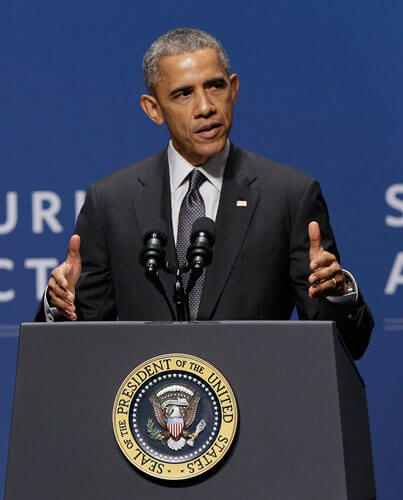With the Memorial Day weekend kicking off the start of the summer travel season, the United States Customs and Border Protection (CBP) agency is inviting travelers to learn the guidelines concerning international arrival at any port of entry, particularly those arriving from international destinations into Puerto Rico and the Virgin Islands.
At the ports of entry, CBP said its officers inspect passengers for compliance with United States immigration, customs and agriculture regulations, stating that the more international travelers know about what to expect, “the easier and quicker the process becomes.”
In preparation for the summer travel season, CBP’s San Juan Field Office issues an advisory to improve every visitor’s experience when entering United States via the territories in the Caribbean.
“Programs such as Global Entry, expedite the arrivals process, but travelers can make their own experience better by being ready and aware of the requirements when entering the United States,” said Vernon Foret, acting director of field operations for Puerto Rico andUnited States Virgin Islands (USVI).
“Tourists, US citizens (USC) and legal residents can take additional steps to smooth their arrivals process by familiarizing themselves with US rules and regulations before departing to avoid potential penalties and fines upon their return,” CBP said.
On arrival to a United States port of entry, CBP said travelers must declare items they purchased and are carrying on return to the United States; items bought in duty-free shops, on a ship or on a plane; repairs or alterations to any items taken abroad and then brought back, even if the repairs / alterations were performed free of charge; items brought home for someone else; and items intended to sell or use in personal business, including business merchandise that was taken out of the United States on their trip.
In addition, CBP said individuals traveling abroad must have approved travel documents when returning home, such as a valid passport, United States Military ID with official orders, Merchant Mariner’s Document for USC’s on official maritime business, or permanent resident card for international air travel.
The Western Hemisphere Travel Initiative (WHTI) requires United States and Canadian citizens, age 16 and older, to present a “valid, acceptable travel document,” such as a passport, a United States passport card, a “trusted traveler” card, permanent resident card or an enhanced driver’s license that denotes both identity and citizenship when entering the United States by land or sea, CBP said.
It said United States citizens who board a cruise ship at a United States port within the Western Hemisphere and return to a United States port on the same ship (Closed Loop Cruises) may present a government issued photo ID, along with proof of citizenship (birth certificate, Consular report of Birth Abroad or Certificate of Naturalization.)
United States and Canadian citizens under age 16 may present a birth certificate or alternative proof of citizenship when entering by land or sea, CBP said.
It said all nationals or citizens of Visa Waiver Program (VWP) countries are required to have an approved Electronic System for Travel Authorization (ESTA) prior to boarding a carrier to travel by air or sea to the United States under the VWP.
CBP said ESTA applications may be submitted at any time prior to travel, and, once approved, generally will be valid for up to two years or until the applicant’s passport expires, whichever comes first. Authorizations will be valid for multiple entries into the United States.
CBP recommends ESTA applications be submitted as soon as an applicant begins making travel plans.
























